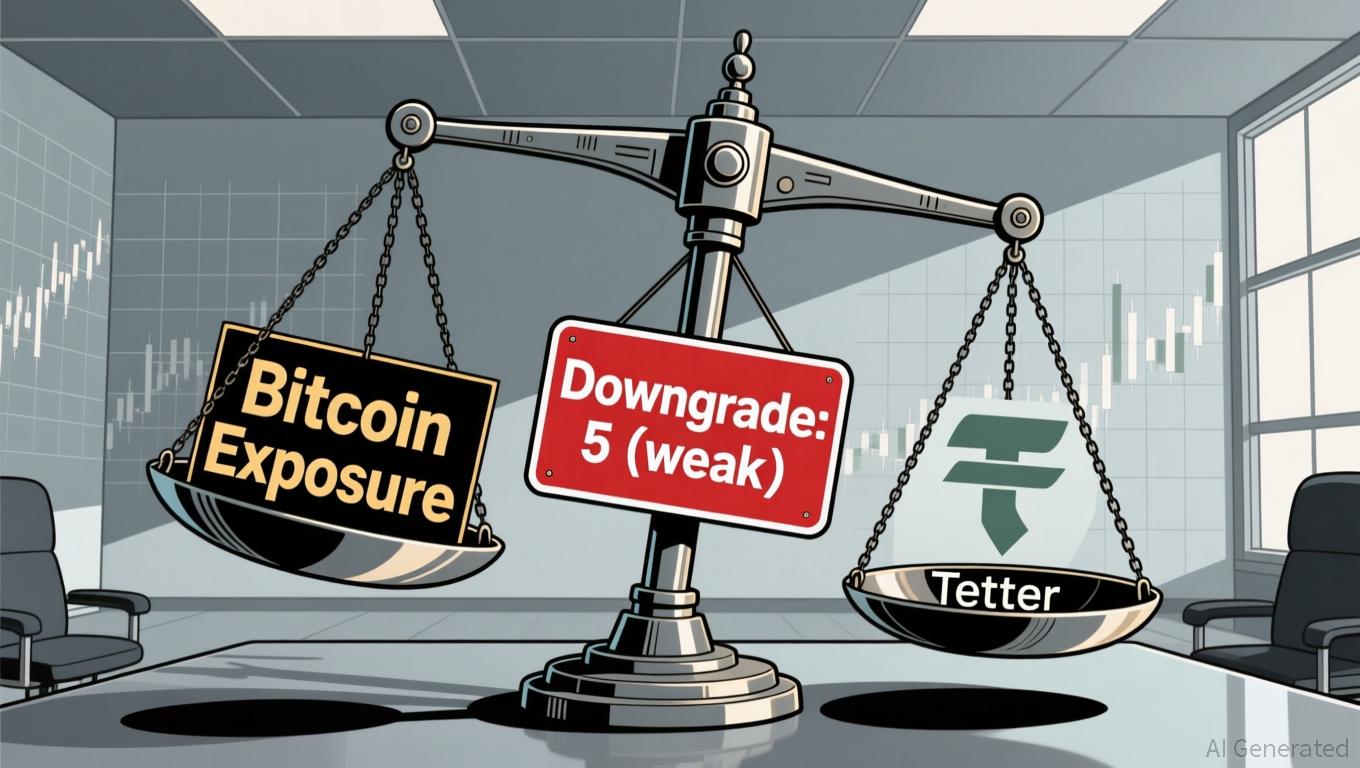Cosmos proposes multi-stage plan to explore fee-based ATOM tokenomics
Key Takeaways
- Cosmos Labs is launching a structured research effort to redesign ATOM’s tokenomics around real, fee-based value accrual.
- The goal is to move away from circular inflation models and toward fee-based, fundamentals-first economics.
Share this article
Cosmos has proposed a structured, community-driven research process to redesign ATOM’s tokenomics for long-term sustainability. The initiative will focus on building a data-driven, revenue-based economic model grounded in real ecosystem usage.
After extensive community discussion, the team outlined a five-step roadmap: an open Request for Proposals, selection of multiple research firms, deep information gathering, publication and refinement of findings, and final governance votes.
The research will focus on understanding ATOM’s current dynamics, simulating alternative models, and designing a sustainable transition path.
The end objective is a long-term, non-circular framework powered by ecosystem fees, positioning ATOM and the Cosmos Hub for growth as the Cosmos tech stack sees greater enterprise use.
Disclaimer: The content of this article solely reflects the author's opinion and does not represent the platform in any capacity. This article is not intended to serve as a reference for making investment decisions.
You may also like
South Korea's Cryptocurrency Reform: Will New Regulations Enhance Confidence While Preserving Innovation?
- South Korea's National Assembly plans to enforce strict VASP regulations requiring criminal record checks for all major shareholders, including foreign investors. - The law mandates re-evaluation of existing VASPs, creating compliance challenges for smaller firms with complex ownership structures. - By extending oversight to global criminal records, the reform sets a potential international precedent and could reshape cross-border crypto investments. - While critics warn of stifled innovation, proponents

Bitcoin News Update: Tether’s Risky Asset Holdings Challenge Stablecoin Reliability
- S&P Global downgrades Tether's USDT to "5 (weak)" due to high-risk reserves and transparency gaps. - Tether's 5.6% Bitcoin exposure exceeds S&P's 3.9% overcollateralization threshold, risking undercollateralization if prices fall. - Tether defends practices with quarterly audits and $10B 2025 profit, dismissing the downgrade as outdated. - Recent crypto market turmoil and past stablecoin collapses highlight risks in opaque reserve management. - Tether's resilience amid crises contrasts with S&P's warning

Elon Musk's SpaceX moves 1,163 Bitcoin worth $105M


